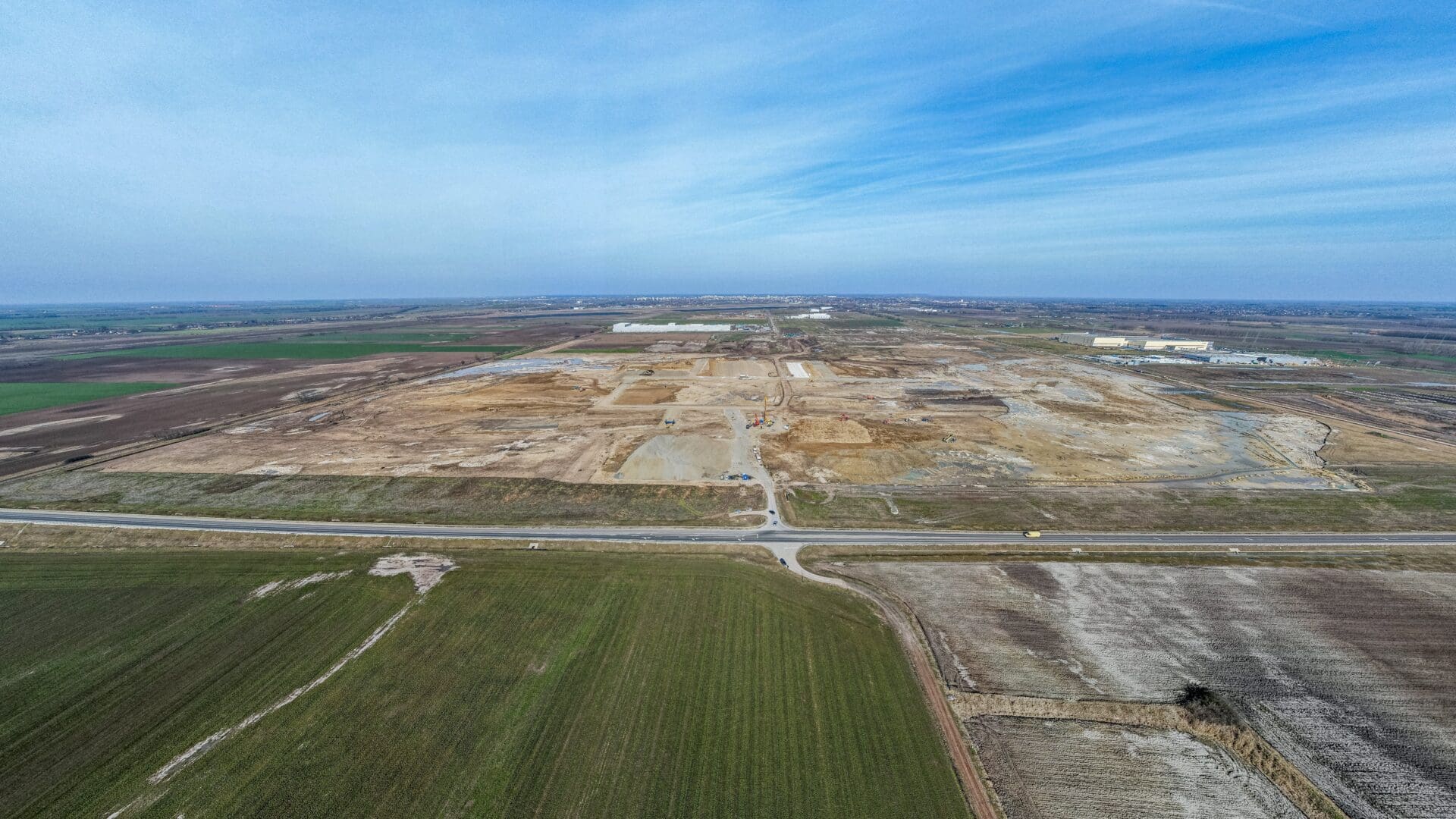As we reported earlier, over the past year multiple giant investments have been confirmed in Hungary, most of which are connected to the production of car batteries. In August 2022, Chinese CATL announced a 7 billion EUR investment in the city of Debrecen in cooperation with its German auto manufacturer contractor, BMW, which plans to start producing high tech cars in the city. In parallel with BMW’s and CATL’s investments, interest on the part of South Korea to set up battery factories in Hungary is also growing. Between 2014 and 2022, Korea invested 8.2 billion EUR into Hungary, making the Asian country one of the largest foreign investors in the country. While until now it was mostly Debrecen that was in the spotlight, some reports have suggested that soon similar investment announcements will be made in Kecskemét, too.
These business decisions that could create 9,000 jobs only in Debrecen, significantly boosting the performance of the Hungarian economy, are not viewed without scepticism, however. Some representatives of the local communities have been calling attention to the environmental impact of such large investments. Else then noise pollution, concerns about the extensive water demand of battery manufacturing are also highlighted as possible downsides.
On the other hand, the proponents of the investment stress that given the strictness of both Hungary- and EU-level safety and environmental regulations, the investments can be executed only if they do not have adverse effects on the environment or on the residents.
In other words, there are legal safeguards that ensure the wellbeing of residents and the protection of the environment.
In addition, those advocating for the new factories note that the economic boost the cities would experience if the investments materialise could significantly raise the standard of living of a large number of citizens. Not to mention the fact that while the concerns of Hungarian environmental groups should not be dismisses or ignored, but properly addressed, a CATL factory in Germany, very similar to the one proposed in Hungary, is praised by the German Greens.
But some Hungarian opposition parties clearly see the issue of battery manufacturing
as an opportunity to make themselves more visible.
Hungary’s green party, LMP for instance vocally objects to the planned investments on environmental grounds. First, LMP started organising a local referendum in Debrecen on the matter. Although the party did get a green light to collect signatures for the plebiscite, it never actually began working on its initiative. Instead, it moved on to a nationwide campaign against battery manufacturers in Hungary. LMP submitted a referendum question on the matter that asks whether people agree that battery manufacturing facilities should be built only in those localities where local residents give their consent to them in local referenda. This week, the National Election Commission struck the question, as the phrasing of it was deemed inadequate. LMP can now challenge the Commission’s decision. It is unclear, however, why LMP decided to expand the scope of the original referendum idea. If the party’s final aim is to make sure important decisions that impact a local community are not made without consulting it, why is it not going ahead with the collection of signatures for its approved referendum proposal? I have a hunch that LMP is aware that the majority of Debrecen residents would in fact support an investment, and the party wants to avoid a loss of face.







